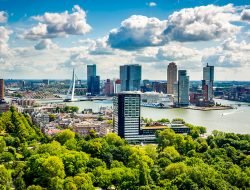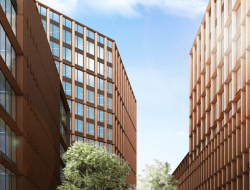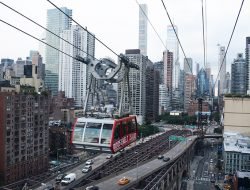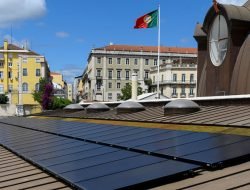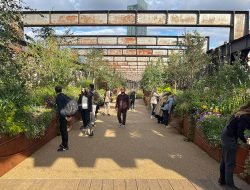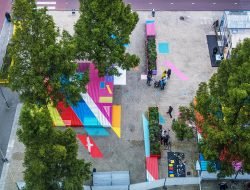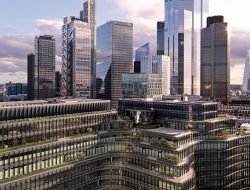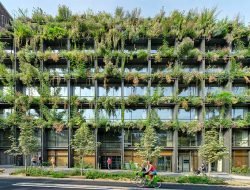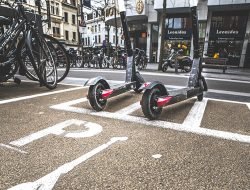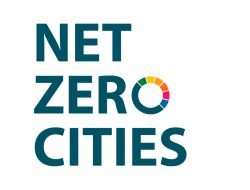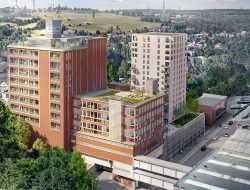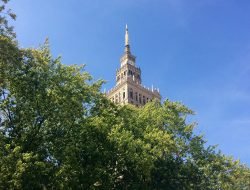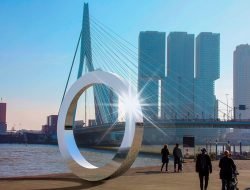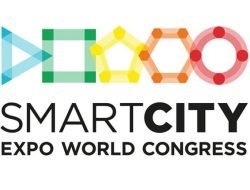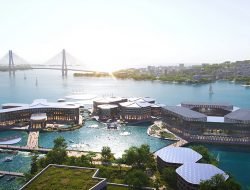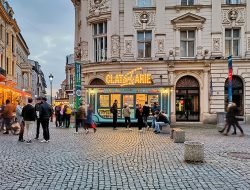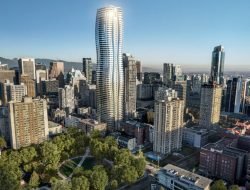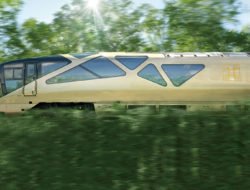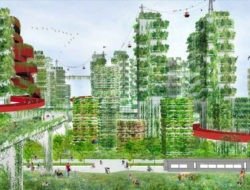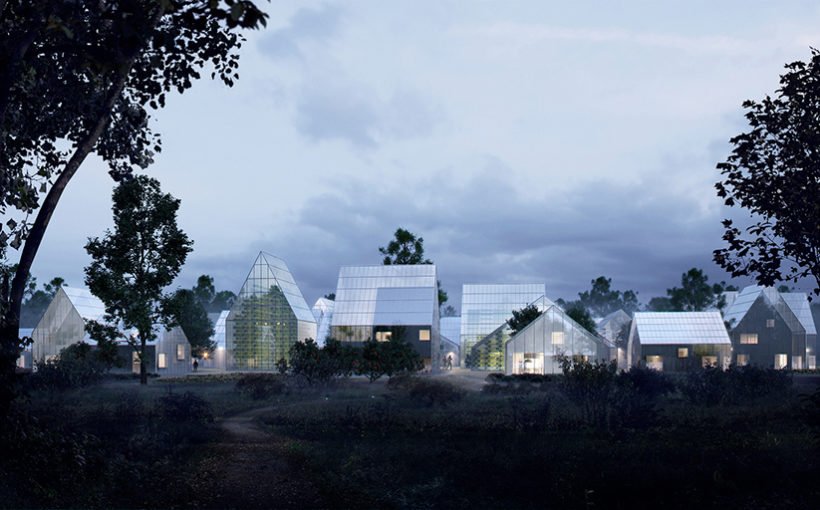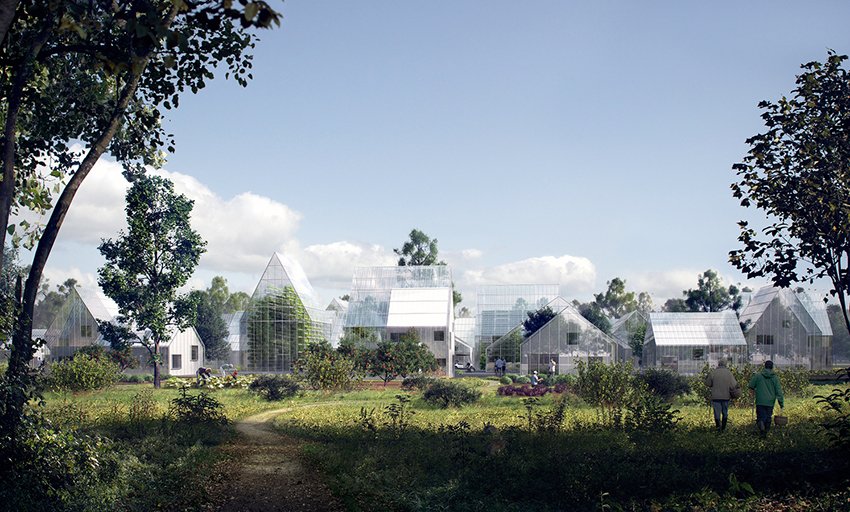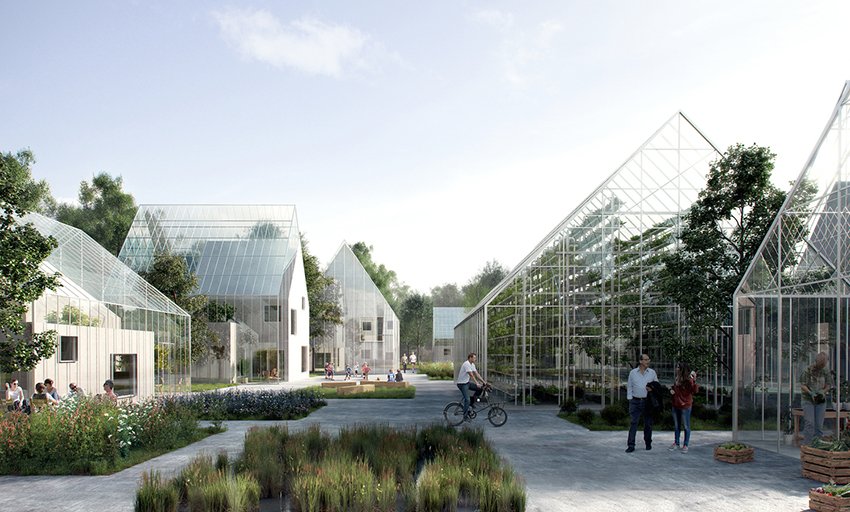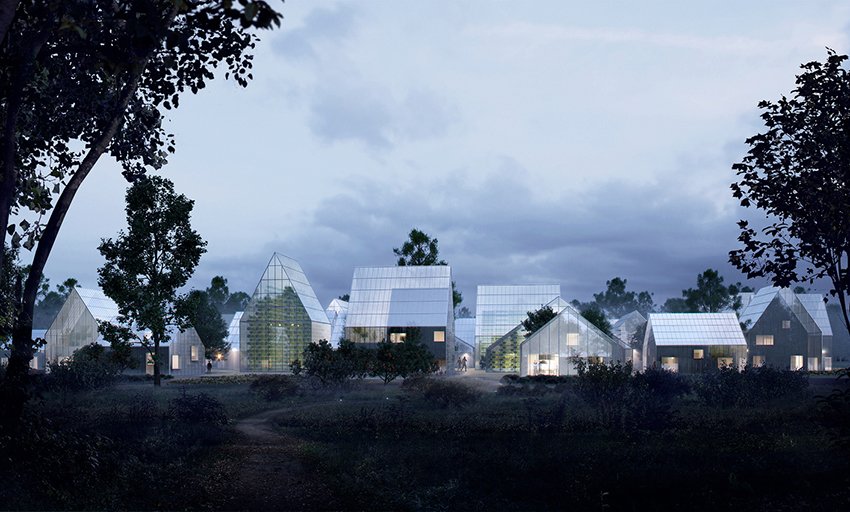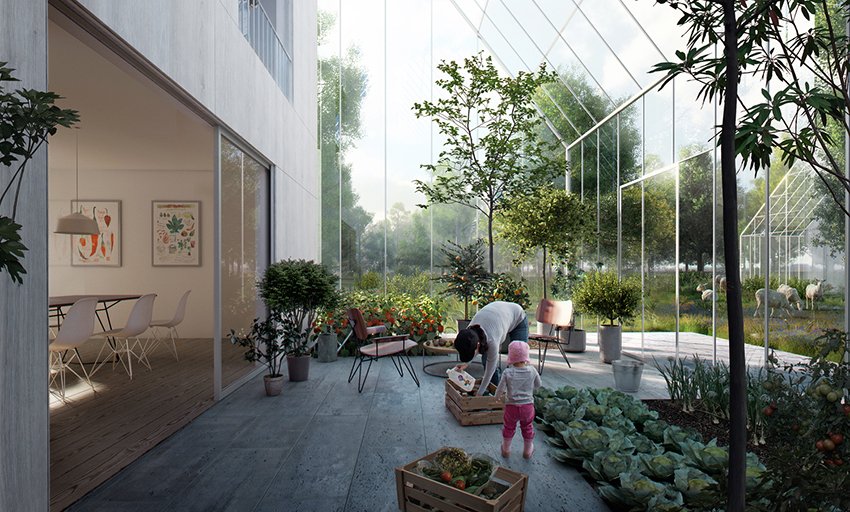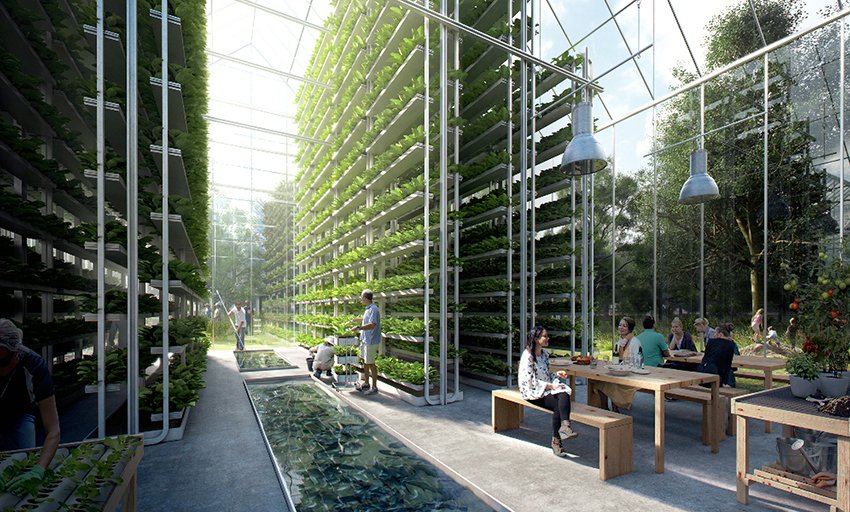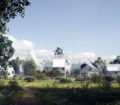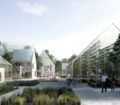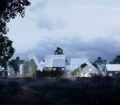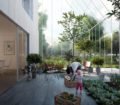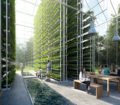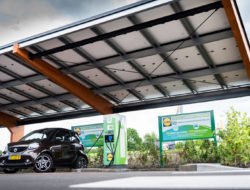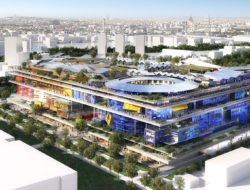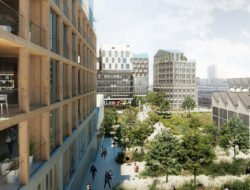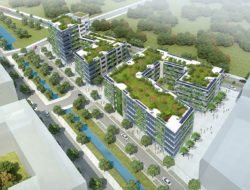Almere, Dutch city 20 kilometres from Amsterdam, is going to become “completely self-sufficient”. The first ReGen Village will be able to produce its own energy, its own food and even recycle its waste. To be delivered in autumn this year.
Built on land reclaimed from the sea in the early 70s, Almere has become an out-of-the-ordinary urban laboratory. In the past, the inhabitants of the Homerus district had tried out “do it yourself urbanism” there. But since last summer, all eyes have been on the new project. Associated with a Californian developer, a Danish architectural firm, Effekt, is about to complete the first of its self-sufficient community villages, called “ReGen Villages”. A model that could – potentially – save the planet.
The first thing we notice on approaching this future eco-district, is the glass. It is everywhere. Glass envelops all the houses, like a protective cocoon that procures heat and protection against the weather. But its role is also to foster, with a greenhouse-cultivated vertical farm incorporated in every dwelling. “Currently, we devote 40% of the earth’s surface to food production. Which is having devastating effects on forests, fresh water resources and the climate, Sinus Lynge, co-founder of the Effekt studio explains. So, rather than delivering our foodstuffs from one end of the world to the other, wasting 30% of total production before it is consumed, we plan to produce tons of food locally, all year round.”
In ReGen Villages, there is no waste. Everything is recycled and regenerated, thanks to a scrupulous sorting system. Organic and household waste are transformed into biogas and into food for livestock. The slurry of these animals is used as fertilizer on the crops. As for the insects that all this will attract, they will feed the fish, whose offal will also contribute to fertilising the crops. Aquaponics, aeroponics, permaculture, vertical farms… Several agriculture methods are combined in order to obtain a high yield, without wasting resources and energy.
Community design
On the energy side, the project rests on three pillars: the construction of positive energy houses, the consumption of renewable energies (solar panels, geothermal and biomass) and, finally, the building of an intelligent network that will distribute this energy as required, including to an electric vehicle car park. «ReGen Villages draws on applied research, Lynge explains. We simply apply the technologies that already exist in an integrated community design, providing our own energy, filtered water and locally-produced organic food”.
Initially, 25 pilot houses will be delivered in Almere before the project is extended to 100 units. But the Dutch village wants to be the first in a long line of identical infrastructures. The designers already intend to duplicate it in other regions of the globe that will face sharp demographic growth, but also in Germany, Belgium, Sweden and Norway. “This type of autonomous urban community is the best answer to future overpopulation. By 2050, the earth will have nearly 10 billion inhabitants, with a growing middle class, which will generate resource, energy and housing needs far greater than those of today. Without circular management of the suburbs, the planet will not survive”, James Ehrlich, Regen Villages CEO, warns.
Tags: Almere, eco-district, Effekt, Regen Villages, smart-grid



